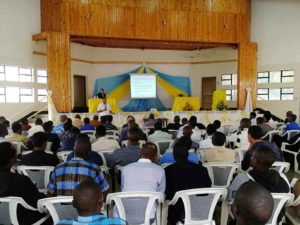 Religious Antecedents of Secularisation, and Secularist Consequents
Religious Antecedents of Secularisation, and Secularist Consequents
on Religion: Insights from Social Sciences
Sahaya G. Selvam, sdb
Abstract
Religion and secularism have a reciprocal relationship. The roots of political secularism and social secularisation could be traced within religion, and the rise of a secularist culture elicits a reactionary feedback from religion in the form of religious spirituality at best, and fundamentalism and fanaticism at worst. Basing itself on the historical context of the watershed events in European history that marked the rise of secularisation and secularism, the present paper points out the antecedents of secularism situated within religion. The paper argues that religion can be described in its four dimensions: creed (a set of beliefs explaining the mystery dimensions of life), code (a set of ethical principles and prescriptive and proscriptive directives), cult (a set of symbolic routine and life-cycle rituals), and community (a group of people who adhere to the same creed, code, and cult). When these four Cs lose their original mediating role of meaning, mercy (compassion), mysticism, realised among a movement of pilgrims, religion becomes the breeder of secularisation. The paper further argues that secularisation has redefined “religiosity”. The final part of this paper considers how secularisation has influenced religion and spirituality. In a sense, the claim here is that in the face of secularisation religion mutates itself, for good or bad, in order to survive. The best outcome of secularist influence is the rediscovery of spirituality, sometimes outside religion. The worst result has been the rise of fundamentalism and fanaticism within religions. Both secularisation and fundamentalism exhibit a loss of sense of symbol! The paper concludes by suggesting that rather than a pendular reactions swinging from one extreme to another, we need an integrative approach.